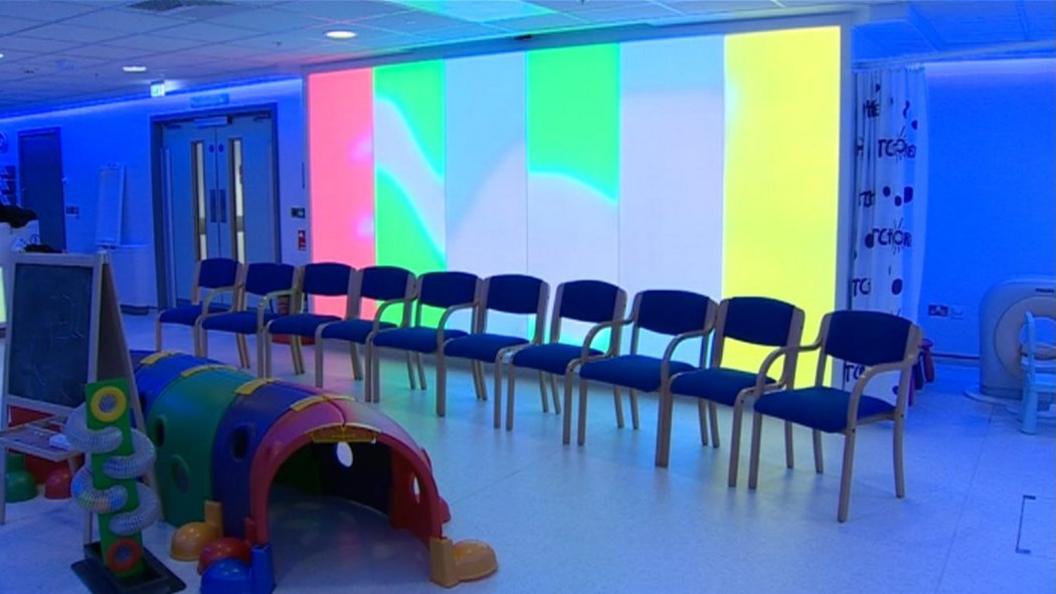Charity's 'unprecedented' £1.6m cancer project funding
- Published
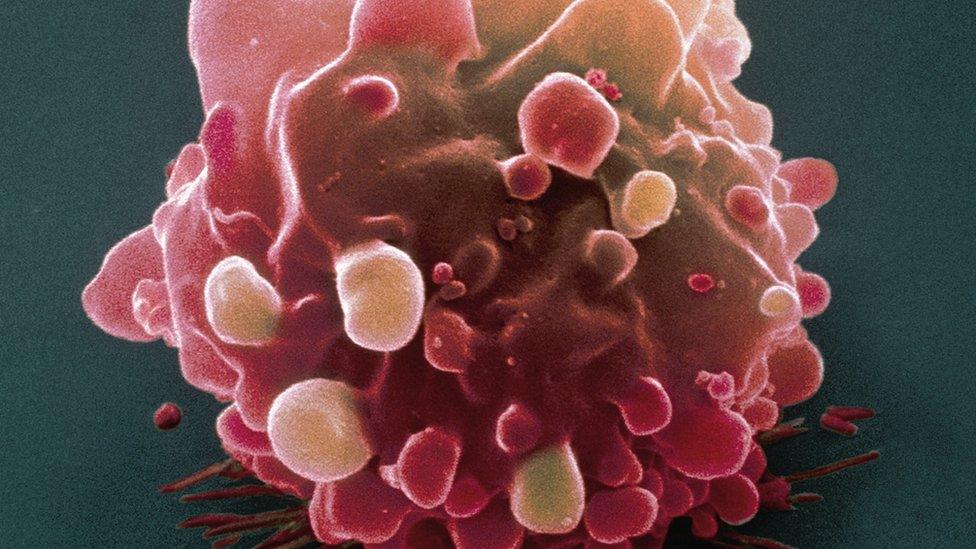
Tackling bowel cancer is one of the projects funded by Cancer Research Wales
An "unprecedented" £1.6m has been pledged to two Welsh cancer projects.
One will look at improving early cancer diagnosis with GPs and the other will focus on research into treatment for patients with bowel cancer.
Bowel cancer is the second leading cause of death from cancer in Wales with almost 1,000 patients dying from the disease every year.
The funding came from Cancer Research Wales as the charity marked its 50th anniversary.
It usually spends £1m a year on various projects but this announcement was made on top of that.
"This is an unprecedented amount of money that we'll be funding," said Liz Andrews, charity director of Cancer Research Wales.
"These two projects can make a massive difference.
"They are two areas where there is direct patient benefit which is so very important for the nature of the research projects which we fund."
'Surviving longer'
Richard Neal, a GP and professor of primary care at Bangor University, has received £800,000 to focus on cancer diagnosis.
Early cancer diagnosis made a 'huge difference' to Jacquie Williams
"We're going to really get to the bottom of how GPs can improve their cancer referrals with the intention of diagnosing cancer earlier and surviving longer," he said.
"We know GPs in Wales don't refer patients as quickly as other countries so what we're trying to do is understand why that happens and develop tools... to get GPs to think about cancer as a possibility earlier and refer those patients earlier for testing."
The other £800,000 will be used at Cardiff's University Hospital of Wales where Prof Andrew Godkin and his team hope to discover and develop new and more effective forms of immunotherapy for bowel cancer.
"Over the last 10 years we've identified quite clearly that the immune system does recognise colorectal cancer," he said.
"But it sees cancerous cells in the context of a very long passage of time and it sees it as part of normal tissue."
Prof Godkin added: "We have population of cells which turn off these immune responses and if we remove them either from the cancer itself or from the blood stream you can then measure really effective anti-cancer immune responses.
"There's no doubt that the immune system can recognise and destroy tumours.
"We want to make a treatment that is for everyone and to do this we need to identify common targets that we find in most tumours and now we think we've got two or three excellent candidates that are expressed in most tumours and this is what we're going to try to generate vaccines against."
- Published6 February 2015
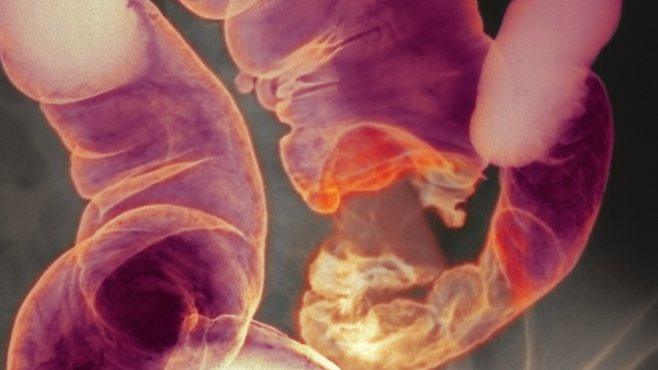
- Published14 January 2015
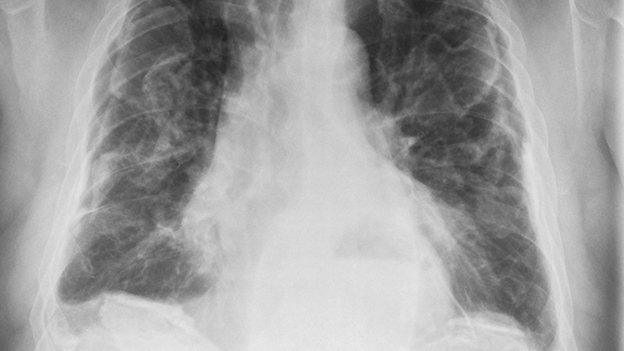
- Published15 January 2016
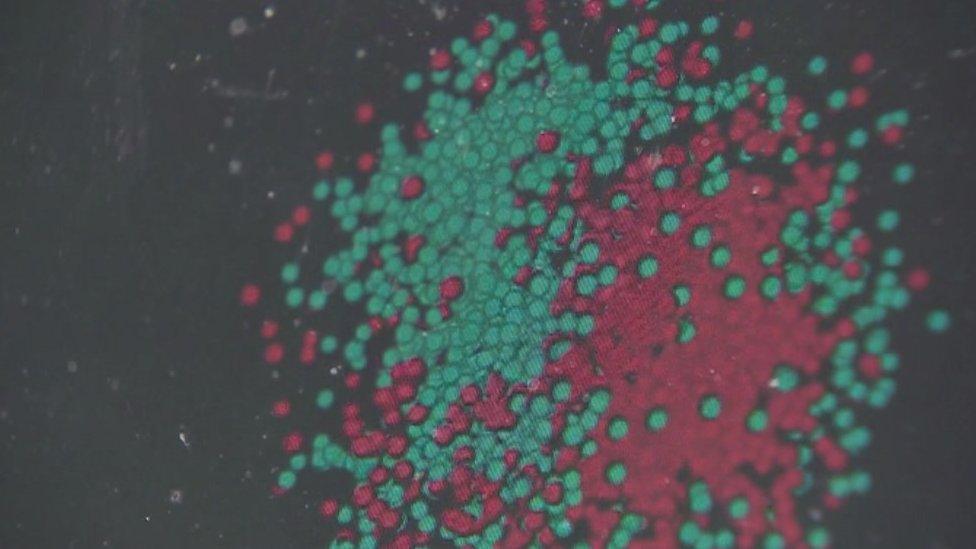
- Published13 October 2015
